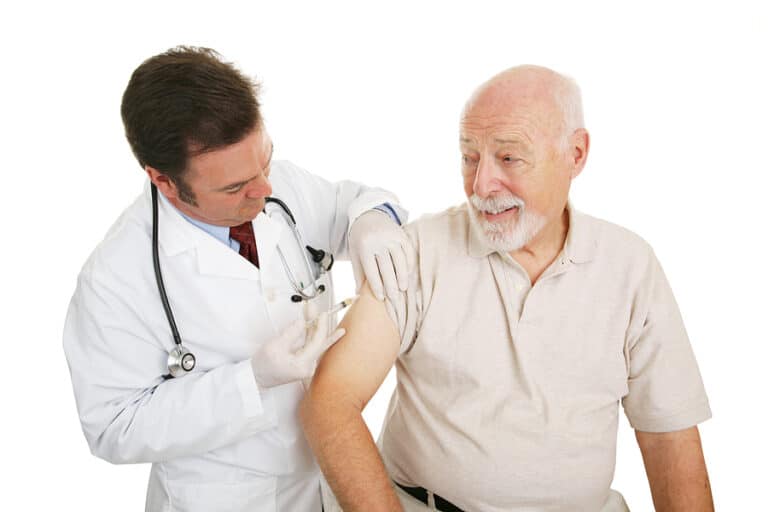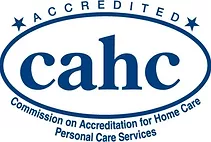August is National Immunization Awareness Month, a month dedicated to highlighting the crucial importance of vaccines, especially for older adults. As we age, our immune system weakens. Even if a virus was previously defeated, we are more susceptible as we age and stand a greater risk in the future. It is important that we consider the fundamental role of vaccines in strengthening the health of seniors, given their possible susceptibility to certain diseases such as pneumonia, the flu and shingles or have complications that may lead to hospitalization or long-term illness.
What are the recommended vaccines for Adults Over 65?
There are diverse vaccinations recommended for adults over 65, especially if you or a loved one suffers from diabetes or heart disease. Check this vaccine schedule which includes the yearly flu shot and the one-time pneumococcal vaccine, etc. Always consult with your healthcare provider to schedule a vaccine according to your health and needs.
The CDC recommends that adults 50 and older get two doses of the shingles vaccine (Shingrix). Shingles is a painful skin rash that can have long-term effects for older people, including nerve pain that can last a lifetime, or vision loss complications. The pneumococcal vaccine can help older adults avoid pneumonia, a serious bacterial infection that can also cause meningitis and blood infections. The annual flu shot is essential not only for seniors, it helps reduce the risk of serious complications from the flu.
Common side effects after vaccination
It is important to be aware of the possible effects and be prepared. However, like the effects that certain medications or medical interventions can cause, you can have a reaction or medical problem even if it is not directly caused by the vaccine. There have been no recorded cases of vaccines causing long-term damage. That said, most side effects are mild and go away on their own within a short time.
Each vaccine has its own set of side effects, which not everyone will experience. Yet, the most common side effects may be local reactions such as redness, swelling, pain and fever at the injection site or systemic reactions resulting in change in appetite, digestive problems, chills, headache, and general malaise.
Finally, an allergic reaction may occur, although it’s rare, it can show itself in the form of a rash, redness, runny nose, or cough. According to the Ministry of Health, one in a million may have a fatal allergic reaction known as anaphylaxis, which is treatable during the first hours of receiving the vaccine. You can learn more about vaccine safety information.
At Adult Alternative Home Care, we encourage vaccines. For more information check these resources.
Resources:
● https://www.hhs.gov/immunization/who-and-when/adults/seniors/index.html
●https://www.cdc.gov/vaccines/vpd/shingles/public/shingrix/index.html#:~:text=CDC%20recommends%20that%20adults%2050,protection%20against%20shingles%20and%20PHN.
● https://me.health.gov.il/en/older-adult/services-rights/vaccines-for-older-adults/vaccine-side-effects/adverse-effects/#:~:text=The%20side%20effects%20of%20vaccinations,alterations%20to%20the%20digestive%20system.
Check this vaccine schedule: https://www.cdc.gov/vaccines/schedules/downloads/adult/adult-combined-schedule.pdf
Vaccine safety information: https://www.cdc.gov/vaccinesafety/vaccines/index.html
- What Exercises Are Good Choices for Seniors? - March 26, 2025
- Brain Injury: Overcome and Prevent - March 11, 2025
- Colorectal Cancer – What You Should Know - March 10, 2025


